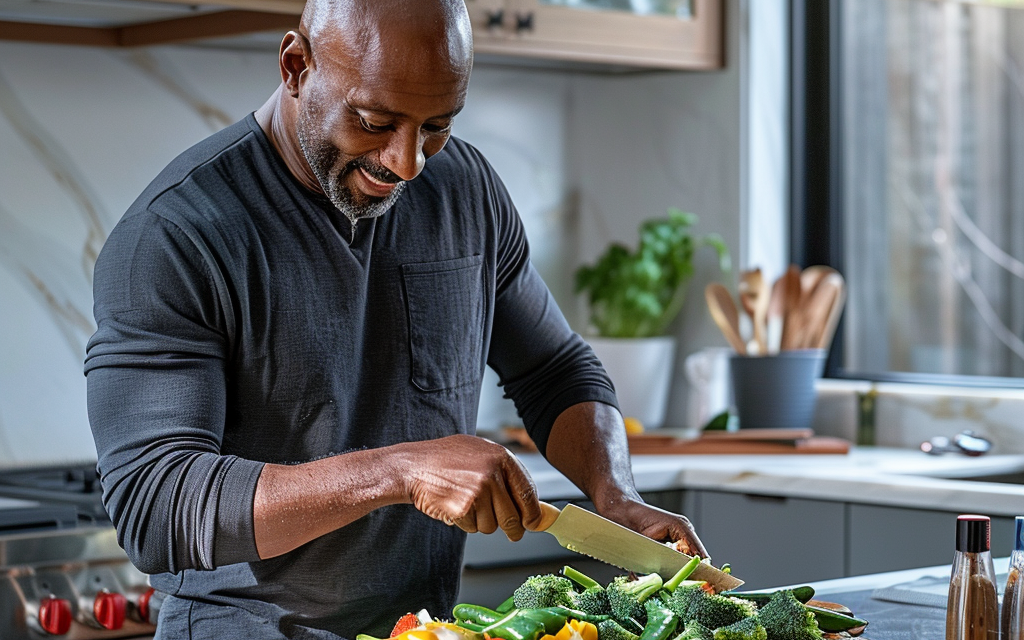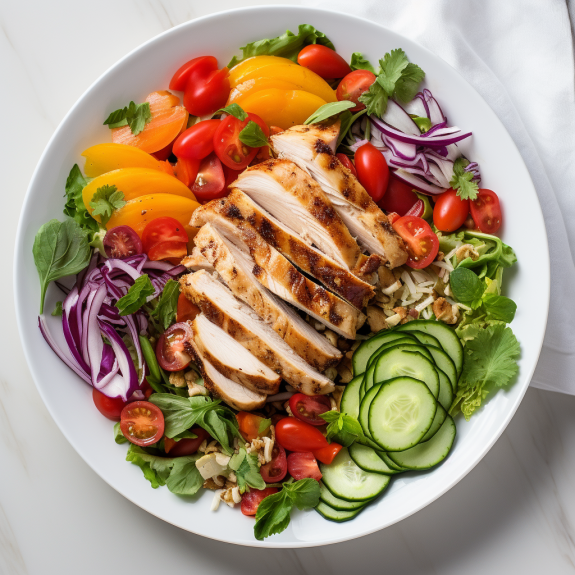Safe food handling is essential to prevent foodborne illnesses and ensure the well-being of consumers. Whether you’re cooking at home or working in the food industry, following best practices in food safety is crucial. Here are key guidelines to help you handle food safely and minimize the risk of contamination:
1. Cleanliness is Key:
- Start by washing your hands thoroughly with soap and water before handling food, especially after using the restroom, touching raw meat, or handling garbage.Keep food preparation surfaces, utensils, and equipment clean and sanitized to prevent cross-contamination.
2. Separate Raw and Cooked Foods:
- Use separate cutting boards and utensils for raw meats, poultry, seafood, and vegetables to avoid cross-contamination.Store raw meats in containers or on trays to prevent their juices from dripping onto other foods in the refrigerator.
3. Cook Thoroughly:
- Cook foods to the recommended internal temperatures to kill harmful bacteria. Use a food thermometer to ensure accurate cooking temperatures:
- Poultry: 165°F (74°C)Ground meats: 160°F (71°C)Beef, pork, lamb, and seafood: 145°F (63°C) with a 3-minute rest time
4. Refrigerate Promptly:
- Refrigerate perishable foods within 2 hours (1 hour if the temperature is above 90°F or 32°C) to prevent bacterial growth.Store leftovers in shallow containers to allow for rapid cooling.
5. Handle and Store Food Safely:
- Avoid cross-contamination by storing raw meats on the bottom shelf of the refrigerator, below ready-to-eat foods.Thaw frozen foods safely in the refrigerator, under cold running water, or in the microwave (if cooked immediately afterward).
6. Be Mindful of Expiry Dates:
- Check the expiry dates of packaged foods and perishables regularly. Discard any expired or spoiled items.
7. Practice Personal Hygiene:
- Avoid preparing or handling food if you’re sick, especially with symptoms like vomiting or diarrhea.Wear clean clothes, hair restraints, and disposable gloves when handling food in commercial kitchens.
8. Educate and Train:
- Educate yourself and others about safe food handling practices. Provide training to food handlers in commercial settings to ensure compliance with food safety regulations.
By following these best practices in safe food handling, you can protect yourself, your family, and your customers from foodborne illnesses. Remember that food safety is everyone’s responsibility, and practicing good hygiene and proper food handling techniques is essential for Bedford residents to maintain a healthy and enjoyable dining experience.






